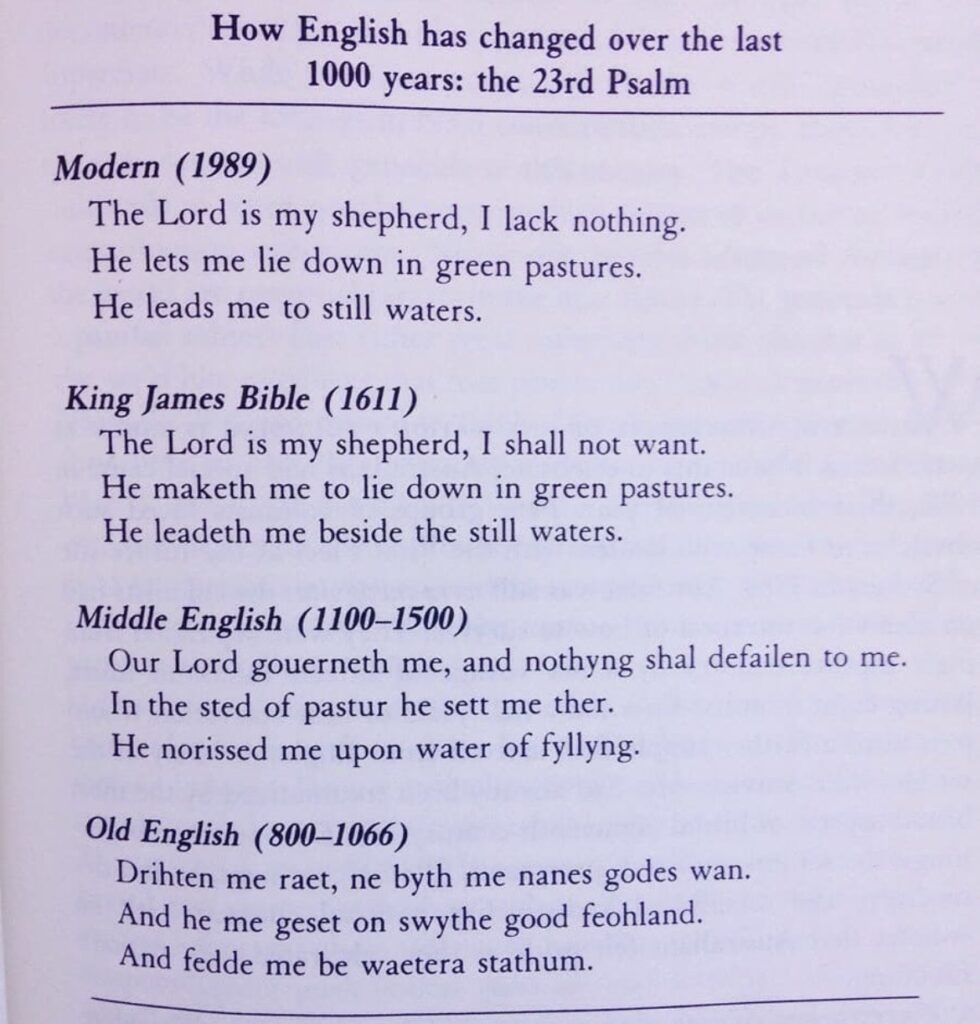
The English language we use today is a fascinating tapestry woven from threads of conquest, cultural exchange, and literary innovation. This evolution stretches back over a millennium, shaped by historical events and the creativity of its speakers.
Our journey begins in the 5th century, when England witnessed the arrival of various tribes – Angles, Jutes, Saxons, and Frisians. Their languages, closely related to German, laid the foundation for what we know as Anglo-Saxon or Old English. Imagine a language that sounded quite unlike the English we speak today!
Fast forward to the 8th, 9th, and 10th centuries, and another wave of influence arrived with the Vikings. These Norse seafarers, hailing from Denmark, Norway, and Sweden, brought with them Old Norse, another Germanic language. This infusion further enriched the linguistic stew that was Old English.

The year 1066 marked a pivotal moment. William the Conqueror, leading a French force, invaded and conquered England. Over the following three centuries, French words flooded the English language, particularly those associated with law, government, and – perhaps unsurprisingly – food!
Then came the English Renaissance, a period of cultural and intellectual rebirth. This era saw a surge of Latin-based words entering the English vocabulary. This trend can be partly attributed to the flourishing of English poets, writers, and playwrights. Think of William Shakespeare, whose plays, like “Romeo and Juliet,” “The Merchant of Venice,” and “Julius Caesar,” often explored Italian settings, necessitating the incorporation of foreign words.

By the mid-1500s, the English language had undergone a significant transformation. While someone from today might need a little patience and focus to understand a speaker from that era, the core structure and vocabulary would be recognizably English. There would undoubtedly be unfamiliar pronunciations, evolving meanings of words, and figures of speech that had yet to solidify, but overall, communication would be possible.
The English language continues to evolve today, constantly adapting to the ever-changing world around it. From the influence of technology to globalization, new words and expressions are continuously born, ensuring that the story of this dynamic language remains an ongoing saga.

Leave a Reply